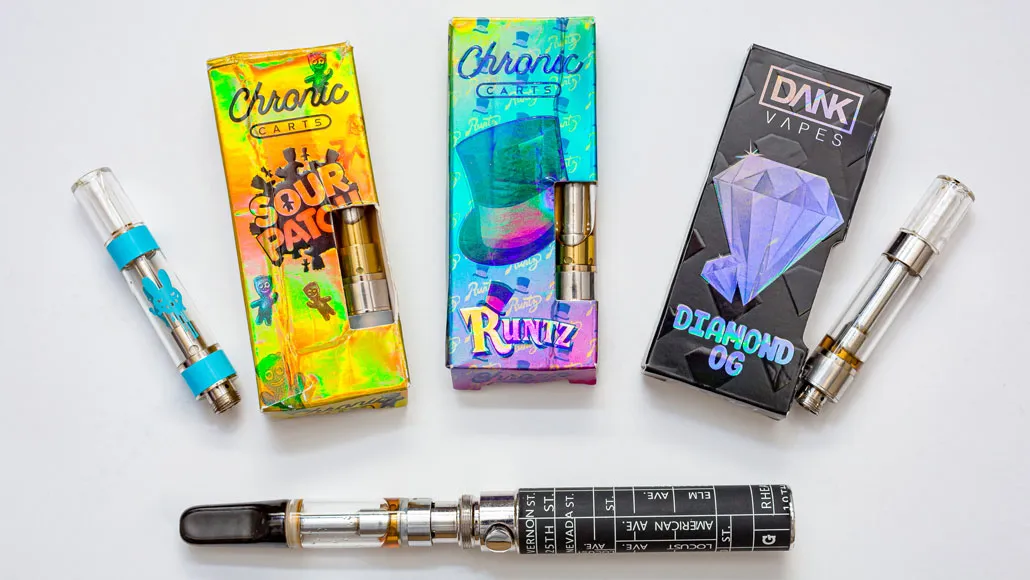Vitamin E acetate is a culprit in the deadly vaping outbreak, the CDC says
An ingredient often used as a dietary supplement was found in all tested lung fluid samples

In September, New York state health officials announced that they had found high levels of vitamin E acetate in samples taken from these vaping products. The ingredient may be toxic when inhaled.
NEW YORK STATE DEPARTMENT OF HEALTH/FLICKR (CC BY 2.0)







